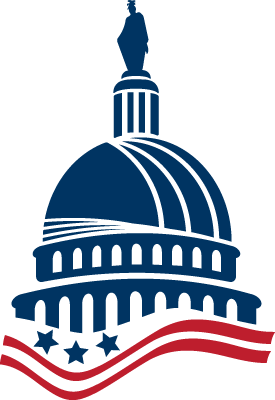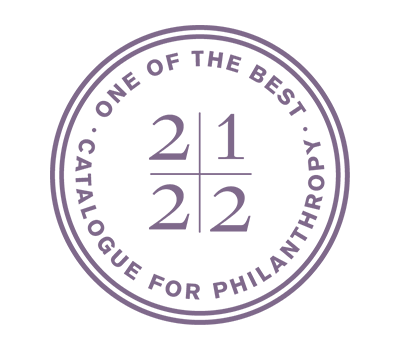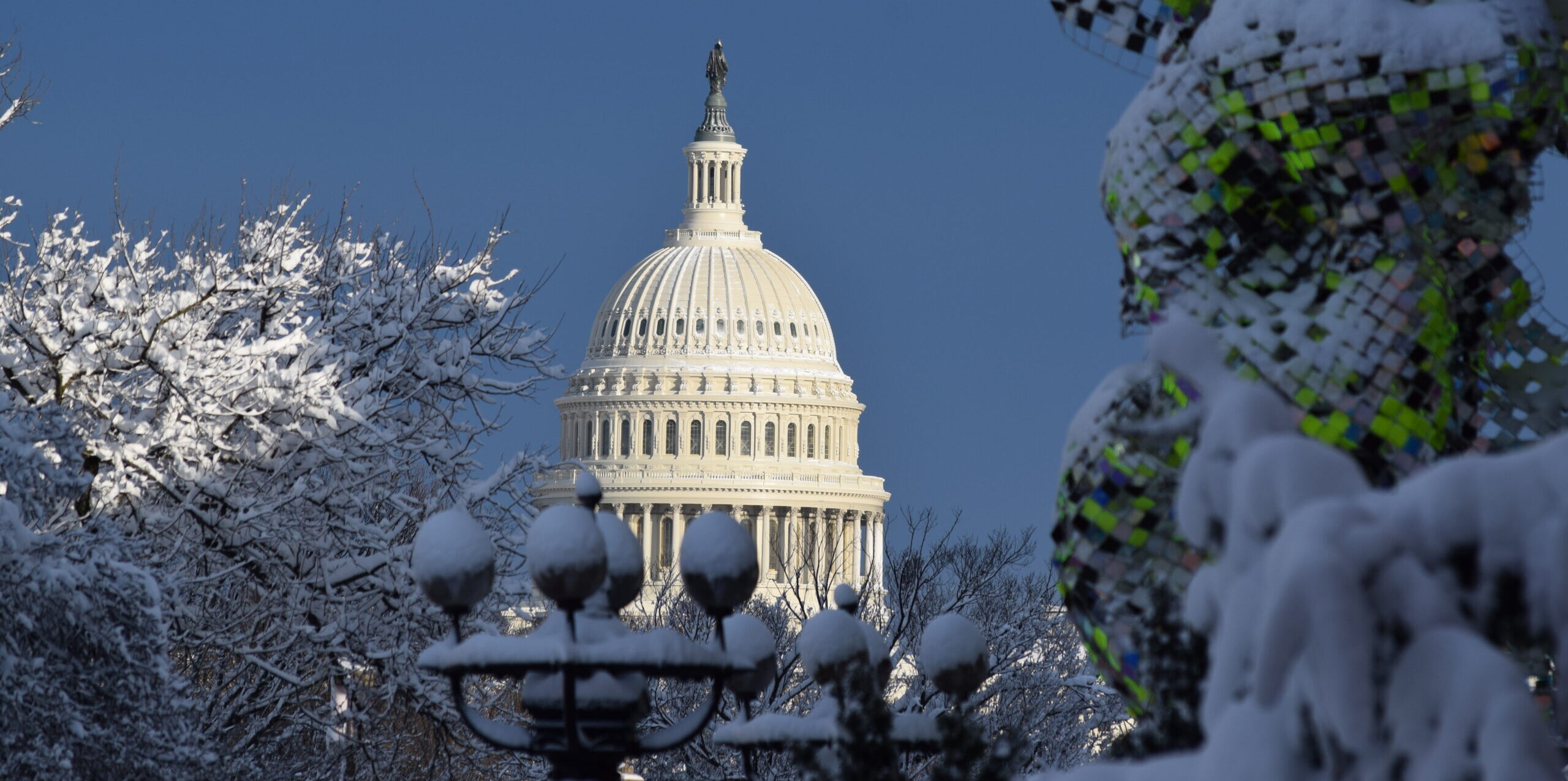Symposium Discussed the Complicated Legacy of Native American Citizenship and the Issues Tribes Still Face Today
WASHINGTON, D.C. —On May 23, 2024, the U.S. Capitol Historical Society (USCHS) hosted its Native American Suffrage Symposium to commemorate the 100th anniversary of the 1924 Indian Citizenship Act. The event brought together the world’s leading scholars, authors, and advocates of Native American history, culture, and politics for a day of insightful discussions and reflections on the complex issues surrounding Native American citizenship, both past and present.
A full video recording of the event can be found on USCHS’ YouTube channel at the following link:
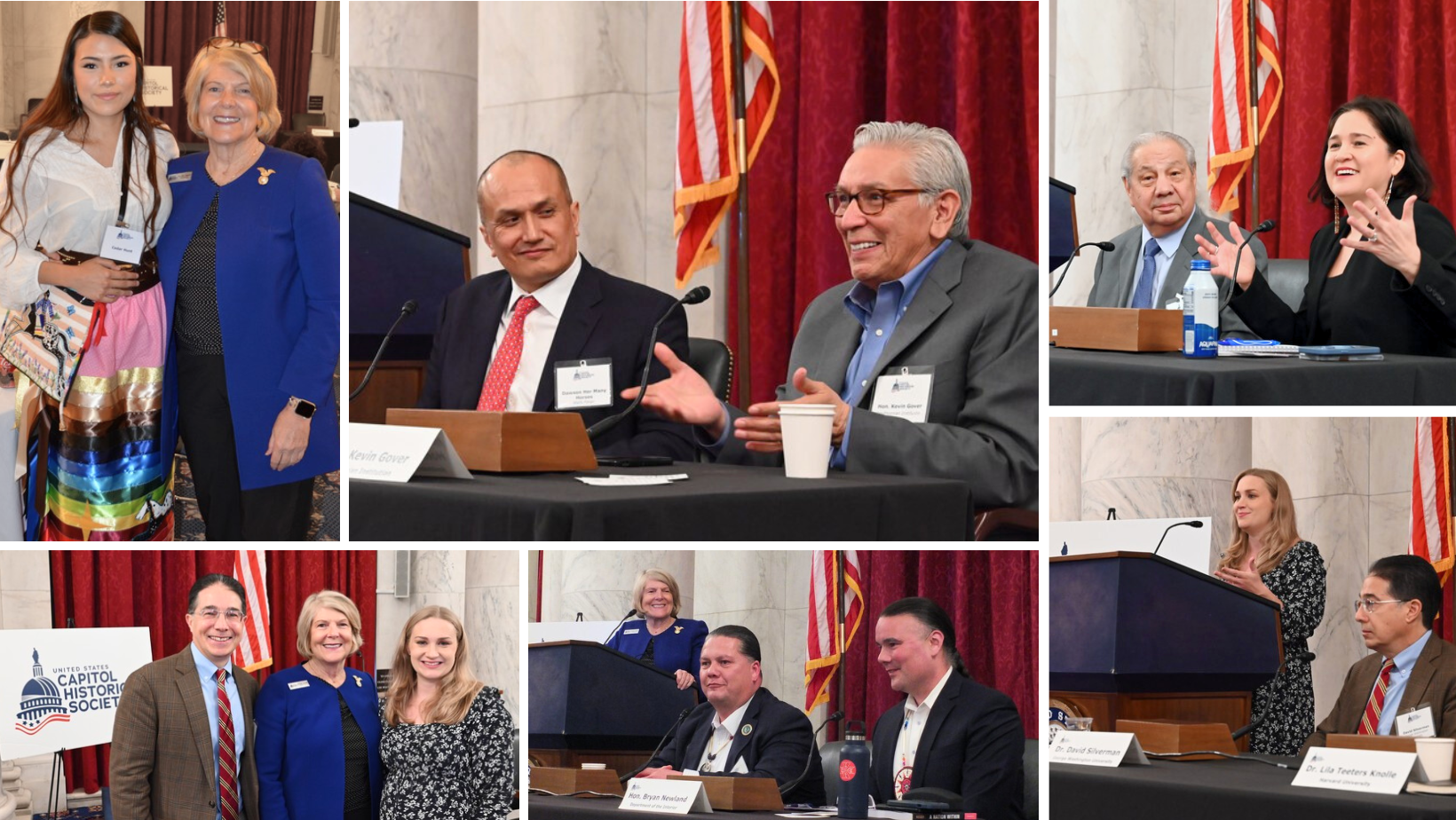
Dr. David Silverman, Professor of History at George Washington University, highlighted the challenges Native Americans faced in the century leading up to the law. He described the numerous attempts to “civilize” and displace Native Americans, noting that citizenship often seemed like an “empty promise,” even by 1924. Dr. Lila Teeters Knolle, Lecturer on History at Harvard University, added that opponents of citizenship feared the imposition of a foreign cultural and political system, while proponents viewed it as a “simple act of justice to render to the Indian that which has long been due.”
Dawson Her Many Horses, head of Native American Banking at Wells Fargo, and The Hon. Kevin Gover, the Smithsonian’s Undersecretary for Museums and Culture, discussed the persistent negative stereotypes and myths Americans learn about Native Americans. They shared the untold stories and contributions of Native Americans to U.S. society, including the significant role of the 45,000 Native Americans who served in WWII as well as newer representations in modern culture that deserve recognition.
John Echohawk, Executive Director of the Native American Rights Fund, highlighted how U.S. policies of “termination and assimilation” evolved into a push for greater tribal sovereignty, which continues to be pursued through lobbying and legal action. Echohawk also explored the challenges to suffrage that still exist for Native American communities, highlighting their advocacy efforts and strategies for effecting change in this crucial area.
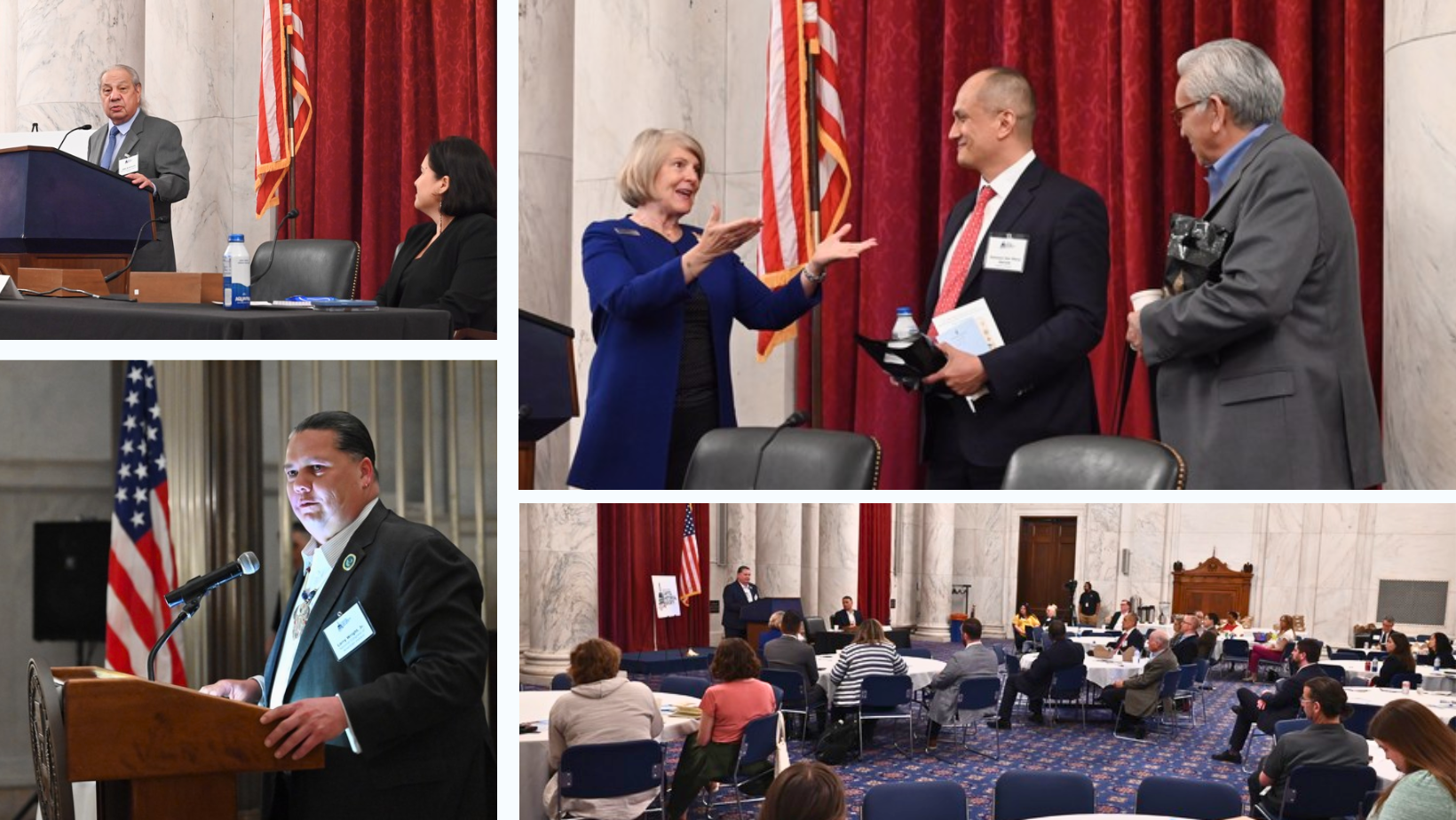
Larry Wright Jr., Executive Director of the National Congress of American Indians, emphasized the importance of civic education to help tribal governments and communities adjust to the changing dynamics of Congress, the administration, the country, and economics, stating that “we’re voting for people who understand and defend our issues.” The Hon. Bryan Newland, Assistant Secretary of the Interior for Indian Affairs, concluded by noting the strong results when Native Americans use their vote to uplift their communities and public servants from Indian Country. He affirmed that “not only does it benefit Native people, it benefits the United States.”
“Native Americans have had an immeasurable role in shaping the history of North America and the past, present, and future of the United States. Our symposium sought to honor that legacy by commemorating one of Congress’ most significant acts: granting Native Americans U.S. citizenship and the right to vote. Our panel of experts provided much-needed nuance to this important but complicated subject, one that we hope gave our audience a greater appreciation for the nations that preceded the United States, exist alongside it, and the people who continue to enrich their cultures today.”
Jane L. Campbell – President/CEO, U.S. Capitol Historical Society
Looking ahead, USCHS will continue to explore Native American issues and produce more lesson plans and educational resources about Native American history. These resources will be available on our We the People Civic Learning Hub for teachers and students, furthering our commitment to fostering understanding and appreciation of Native American heritage and contributions to American society.
We are incredibly grateful to Wells Fargo, our Presenting Partner, the Chickasaw Nation, our Platinum Partner, and McGuireWoods Consulting, our Bronze Partner, who sponsored this event.
